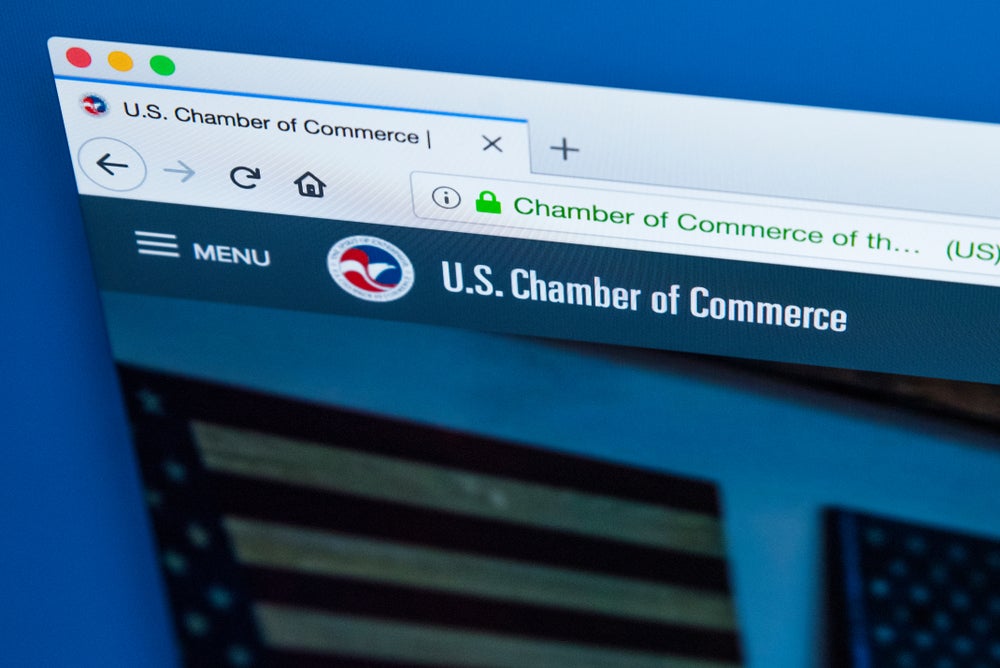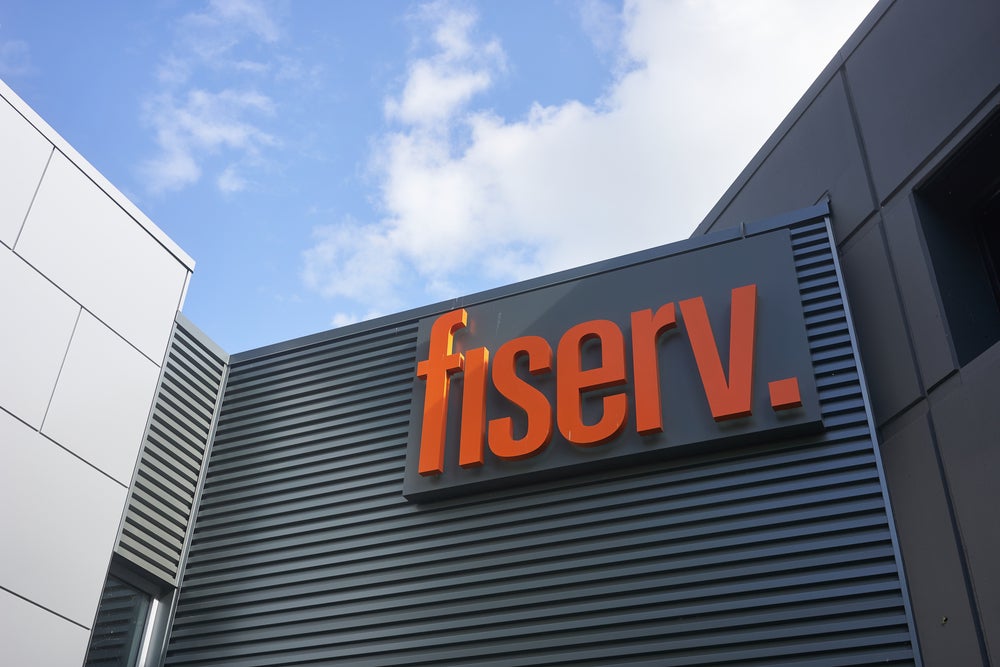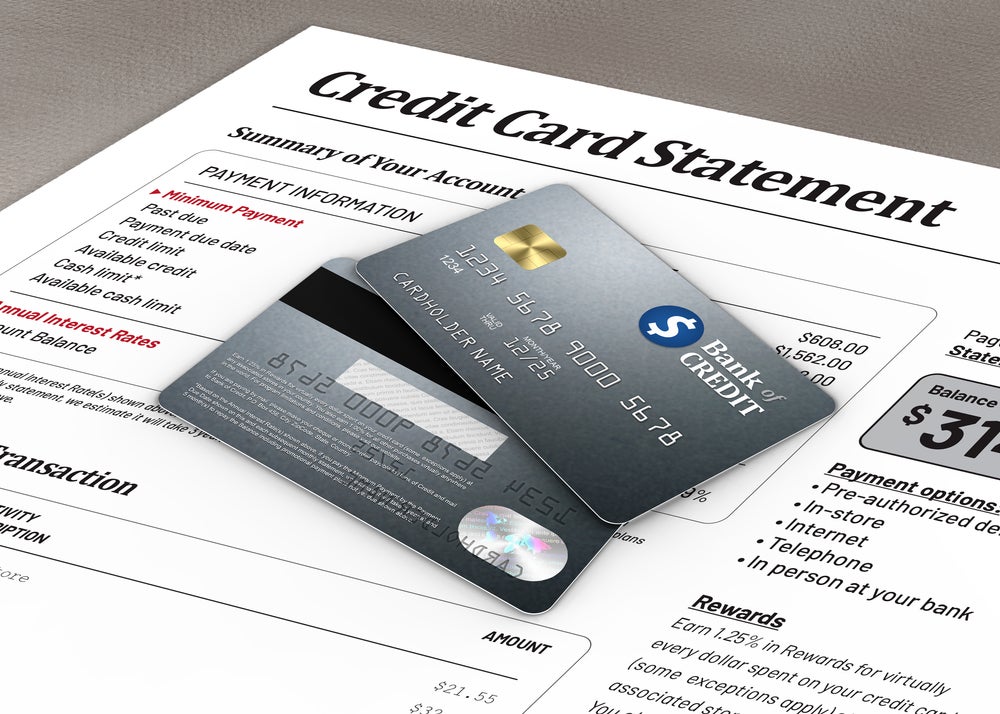Banks and retailers have been at loggerheads for years
over interchange pricing. Now they have something to new to argue
about – the pricing of innovative new payments products like
contactless and mobile. Louise Naughton reports on the concerns of
retailers and why some in the industry claim the complaints are a
smokescreen.
Retailer complaints about
unjustifiably high fees on emerging payment technologies have been
labelled “pointless” and a “smokescreen” by industry experts.
British Retail Consortium (BRC)
director general Stephen Robertson has argued that as payment
technology develops card charges should be going down, not up.
“There is no justification for such
big differences in charges between cards and cash,” said Robertson.
“Contactless systems can bring benefits but banks are currently
levying charges on card payments well beyond what it actually costs
to process these transactions. They can’t expect to maintain these
excessive charges as numbers of non-cash payments grow.”
Richard Dodd, head of media and
campaigns at the BRC, said that as contactless payments are
targeted to take over from lower value transactions, which are
traditionally made by cash, bank charges need to be more in line
with current cash charges than credit or debit transactions.
How well do you really know your competitors?
Access the most comprehensive Company Profiles on the market, powered by GlobalData. Save hours of research. Gain competitive edge.

Thank you!
Your download email will arrive shortly
Not ready to buy yet? Download a free sample
We are confident about the unique quality of our Company Profiles. However, we want you to make the most beneficial decision for your business, so we offer a free sample that you can download by submitting the below form
By GlobalDataHe goes further, and said that if
bank charges do not come down to a fair rate then retailers would
be reluctant to invest in new payment technology.
 Revenue stream for
Revenue stream for
banks
Dodd suspects that banks are pushing contactless payments
because they stand to make a lot more money processing the
transactions.
According to the BRC, accepting
payment by debit card costs a retailer four times more than when a
customer uses cash. It claims that bank’s charges for handling
debit card payments have almost doubled in five years.
Through research gathered from the
BRC’s annual Cost of Collection Survey, which includes results from
over 7bn transactions in 21,500 shops of all types, the average
cash transaction costs retailers £0.021 ($0.032); a debit card
payment costs £0.085 and a credit card payment costs £0.34.
Sandra Quinn, director of
communications at the UK Cards Association disputes these figures
and said that it is ‘pointless’ making bank charges more
transparent.
“Fifteen years ago it wouldn’t have
been out of the ordinary to pay £0.20 for a debit card transaction.
There is no way debit fees were £0.04 five years ago. We feel that
£0.08 is reasonable pricing,” she added.
According to Quinn, the BRC will
not publish and distribute the report. She argues that she can see
no evidence of charges increasing and seeing the report would be a
good start to open dialogue between banks and retailers.
Dodd at the BRC said retailers are
in favour of contactless and mobile payment technology, but their
enthusiasm is directly related to fair charging.
“If the technology makes
transactions quicker and more convenient for the consumer and
retailer then it can only be considered a good thing. But charges
have to be fair and transparent,” said Dodd.
 Asking for
Asking for
transparency
The BRC is calling for a much more transparent charging system,
one that will more closely translate to the actual costs
involved.
It foresees that greater
transparency will automatically lead to lower bank charges as it
will become clear how much more the banks are charging in
comparison to the costs involved. The BRC claim that the actual
costs that banks and acquirers incur are extremely small.
“They are upfront about how much
the merchant service charge is and how much the interchange total
is, but in terms of the components of interchange – fraud, and
interest-free period – we still have no idea what these amounts are
and how they are calculated,” said Dodd.
“We just see a lump-sum figure.
It’s worse for small retailers who probably don’t even get a
breakdown.
“Banks talk a lot that cash is in
decline and that technology is the future but it is clear that cash
is still the dominant force and clearly thriving.”
According to BRC figures, cash is
the preferred method of spending, amounting to 58% of all
transactions. This is up on 56% in 2008 but down on 61% in
2007.
Dodd told CI that there is
no recognition from banks that charges are too high. They seem keen
to justify rather than accept, and there is no evidence that they
have agreed to bring in more transparency now or in the future.
Paul Love, a business solutions
consultant at electronic software provider ACI Worldwide,
acknowledged he hasn’t seen any evidence of transparency in UK
banks.
But he said a case study on
Canada’s largest processor of debit, credit and gift card
transactions, Moneris, showed how it can be done.
According to Love, Moneris, which
looks after 450,000 merchants in Canada, has adopted a highly
transparent service-based pricing model in which merchant service
fees are charged on a pay-per-use basis.
This starts with interchange
plus-pricing where the actual scheme interchange for each
transaction is calculated precisely, and additional charges are
added for specific services that Moneris provides.
One example of this is that
merchants are billed for customer services based on the actual
minutes spent on the phone, rather than a general facility fee.
This transparency helps Moneris
negotiate competitive terms with cost-conscious merchants, by
removing factors that are not in their control, such as
interchange, and allowing the merchant to choose not to take
specific services and see a direct saving in their fees. None of
this flexibility is available with traditional ‘bundled’ pricing
models.
Bringing the cost
down
Love added that the BRC’s members typically comprise large
retailers, not small retailers, such as newspaper stands and
corner-shops.
He said for larger retailers, who
have the funds to invest in contactless payment technology, the
bank charges are a reasonable price to pay. Yet the economics of
contactless technology for small retailers simply do not add
up.
“To pay out a proportion of profits
on low-value items will hit the small retailer hard. These
low-value transactions are the market contactless payment
technology is aimed at, and that is the main problem that retailers
face,” Love told CI.
The BRC claims that if charges for
every payment method were as low as they are for cash, its members
could pass on £480m in cost savings to their customers.
This is not backed up by the
experience of Australia, however, which implemented caps on levels
of credit card interchange.
The country’s central bank has
admitted it is unclear whether the measures have had any impact on
the prices consumers ultimately pay for goods. It also indirectly
drove a domestic credit card scheme, Bankcard, out of existence,
effectively reducing competition.
Quinn added that one of the
problems between retailers and banks is the ‘naïve’ notion that
cash is free.
“The BRC continues to ignore the
true cost of handling cash. If a retailer accepts a stolen card
their bank will cover them for the fraud loss, but if the cash they
accept goes astray, they take the hit,” said Quinn.
 Raising the profile of
Raising the profile of
contactless
Gilles Ubaghs, a financial services analyst at Datamonitor,
claims the argument over bank charges acts as a ‘smokescreen’ to
hide bigger reasons why retailers are reluctant to invest in new
payment technology.
“Retailers could find the cash if
they were convinced it was worthwhile, but many don’t seem sure
there is any real point,” said Ubaghs.
“Essentially it is a catch-22
[situation] as many consumers aren’t interested in having a
contactless payment card when there are still so few places to use
it and retailers don’t want to install the technology as so few
people have a card.”
Ubaghs states that there needs to
be more public education on contactless payments, as there is
currently too much confusion surrounding it.
Consumers need to be a lot more
comfortable than they are now to be encouraged to change payment
methods.
“For consumers to be sold on using
contactless payments, retailers and issuers will need to work
together. As this is yet to happen on a large scale, it will be a
good deal of time before we’re able to walk into any shop and buy a
chocolate bar in the same way as London commuters tap their Oyster
cards,” Ubaghs added.
Love agrees with this statement. He
argues that whether contactless payment technology takes off
depends on changing consumer’s mindsets, not bank charges or the
technology itself.
Despite reports that Datamonitor
claimed the recession has delayed retailers from investing in
technology, Ubaghs told CI the recession is a temporary
blip in consumer trends, and credit and debit cards are still being
used for lower transactions more and more frequently.
Major retailers such as Boots and
the Co-operative Food stores have recently announced contactless
trials up and down the country, which does go some way to proving
that customer demand and benefits can outweigh the bank charges
attached to the payment method.
Quinn comments that for as long as
she has known, banks and retailers have never got on and will
continue to disagree over charges.
Common ground needs to be found however if new payment
technology is to thrive and reach the masses.







